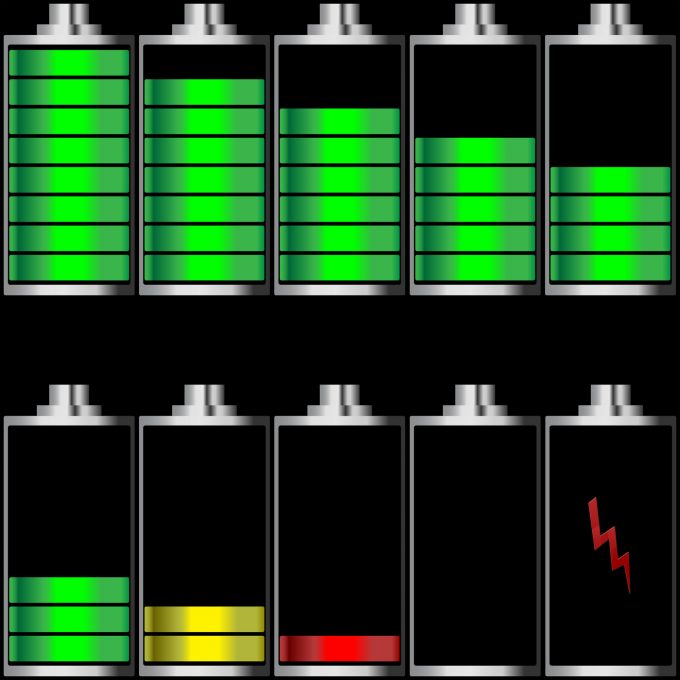Amazon: 2023 letter to shareholders
Published today, 11 April, the full letter can be downloaded here.

The fine imposed on Amazon in the UK for breaches of the dangerous goods regulations focuses attention again on the importance of ensuring that companies despatch in full compliance.
In the case of Amazon, there was the potential for disaster, as four separate shipments of lithium batteries and flammable aerosols were not declared.
Lithium batteries are ubiquitous: they power our mobile phones, iPads, laptops, bicycles, golf trollies and a host of other everyday products.
There are two main types: lithium ion, which are rechargeable and used for things such as phones and computers; and lithium metal, used in a wide range of equipment.
For transport, whether by air, road, rail, inland waterway or sea, lithium batteries are dangerous goods. In the event of an incident, they can become extremely hot in a short period of time. This can lead to thermal runaway, which can cause even more serious problems.
If they catch fire, batteries also emit toxic fumes.
Because the technology behind lithium batteries is relatively new, the regulations change frequently, and this has added to the problems facing shippers and consignors.
Generally, air regulations are a lot more restrictive than those for road and sea; but for all modes, the regulations have become quite complicated. Batteries when shipped on their own are subject to different regulations than if they are shipped with equipment – for example, a phone together with a battery that has not been installed – or if the battery is contained in equipment, say a laptop that has its battery already installed.
The shipper is faced with different regulations for lithium ion and lithium metal batteries on their own, with equipment or packed with equipment, so there are already six different classifications, and there are different rules for each method of transport.
None of this is an excuse for not following the regulations, but certainly transporting batteries is a lot more complex than shipping many other types of dangerous goods.
There is also controversy surrounding the frequent new restrictions that are introduced.
In April this year, lithium ion batteries were no longer permitted to fly in passenger aircraft, although this restriction does not apply when the batteries are packed with, or in, equipment.
Additionally for the air mode, lithium ion batteries can only be shipped if they have a maximum 30% state of charge.
This is extremely difficult for manufacturers and distributors to implement and, in practical terms, almost impossible to verify.
Suddenly, a large new group of shippers in all parts of the world have had to learn about dangerous goods regulations they’ve never been involved with before.
This is an enormous challenge. Some organisations fail to accept that they are shipping dangerous goods, while others want to comply but have to learn regulations which have not been as carefully thought out as one would like.
Yet the sheer number of lithium batteries that move around the world every day pose a danger to all those involved in the transport chain, and simplification of the regulations seems a distant dream.
There are some research programmes trying to see how aircraft holds can have more effective equipment to tackle any fires, so there is the hope that the restrictions to the shipment of batteries on their own on passenger aircraft might ease in the future. This would be an enormous benefit to the supply chain, which has had to adapt to more restrictions every year.
In the meantime, shippers need to keep up to date with all the changes to the regulations – there are more that will apply from 1st January 2017.
There are, however, some experts who can help out, including some specialised packaging designers, experts who work with logistics companies and independent consultants and training organisations, as well as IATA. These specialists can ensure that you comply with the regulations and ensure your consignments of lithium batteries move smoothly through the supply chain, are not responsible for serious incidents, and protect your organisation’s reputation.
Nicholas Mohr is managing director of Peter East Associates Ltd, a specialised dangerous goods training and consultancy business. [email protected]
Comment on this article